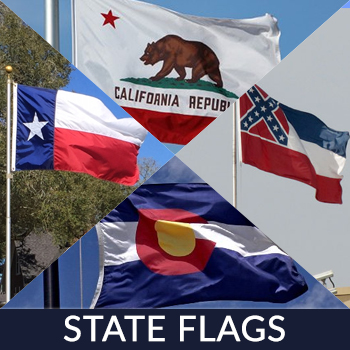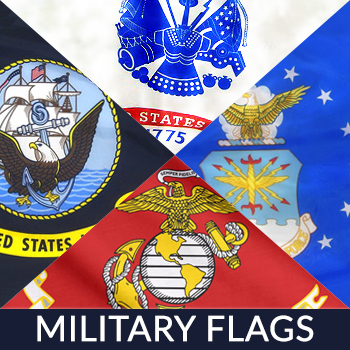Have you heard of the Veterans’ Preference Act of 1944? For well over a half-century, it’s helped millions of military veterans secure employment in the civil service industry. Under this federal law, the U.S. federal government is required to give preference to veterans when recruiting and hiring employees. To learn more about the Veterans’ Preference Act of 1944 and the benefits it offers to veterans, keep reading.
The Veterans’ Preference Act of 1944 Explained
As its name suggests, the Veterans’ Preference Act of 1944 is designed to give hiring preference to veterans over non-veterans. Throughout our country’s history, the U.S. federal government has strived to integrate veterans into the civil sector after returning from war. Even following the Revolutionary War, veterans received preference. During the final months of the Civil War, Congress passed an act stating the following:
“Persons honorably discharged from the military or naval service by reason of disability resulting from wounds or sickness incurred in the line of duty shall be preferred for appointments to civil offices, provided they are found to possess the business capacity necessary for the proper discharge of the duties of such offices.”
With that said, it wasn’t until the mid-1900s when the Veterans’ Preference Act of 1944 was passed. Since then, it’s helped millions of veterans secure employment. The Veterans’ Preference Act of 1944 makes it a little easier for veterans to find jobs. Under this federal law, civil service employers — employers of federal or government organizations — must prioritize veterans when recruiting and hiring employees. While the Veterans’ Preference Act of 1944 only applies to civil service jobs, it’s still a highly beneficial law for veterans.
Requirements for the Veterans’ Preference Act
There are certain requirements that veterans must meet to be eligible for the Veterans’ Preference Act of 1944. For starters, only veterans who’ve had an honorable or general discharge are eligible for hiring preference. Second, veterans with a rank of zero to five are typically not eligible for the Veterans’ Preference Act of 1944, the only exception being if they are disabled.
Neither the Veterans’ Preference Act of 1944 nor any other law guarantees employment for veterans. Nonetheless, it helps veterans secure employment more easily by giving them hiring preference. Under the Veterans’ Preference Act of 1944, civil service employers must give preference to veterans over non-veterans. As a result, it’s helped millions of veterans find a job after returning from war.
For more information on the Veterans’ Preference Act of 1944, check out the U.S. Department of Labor’s (DOL’s) website here.
















